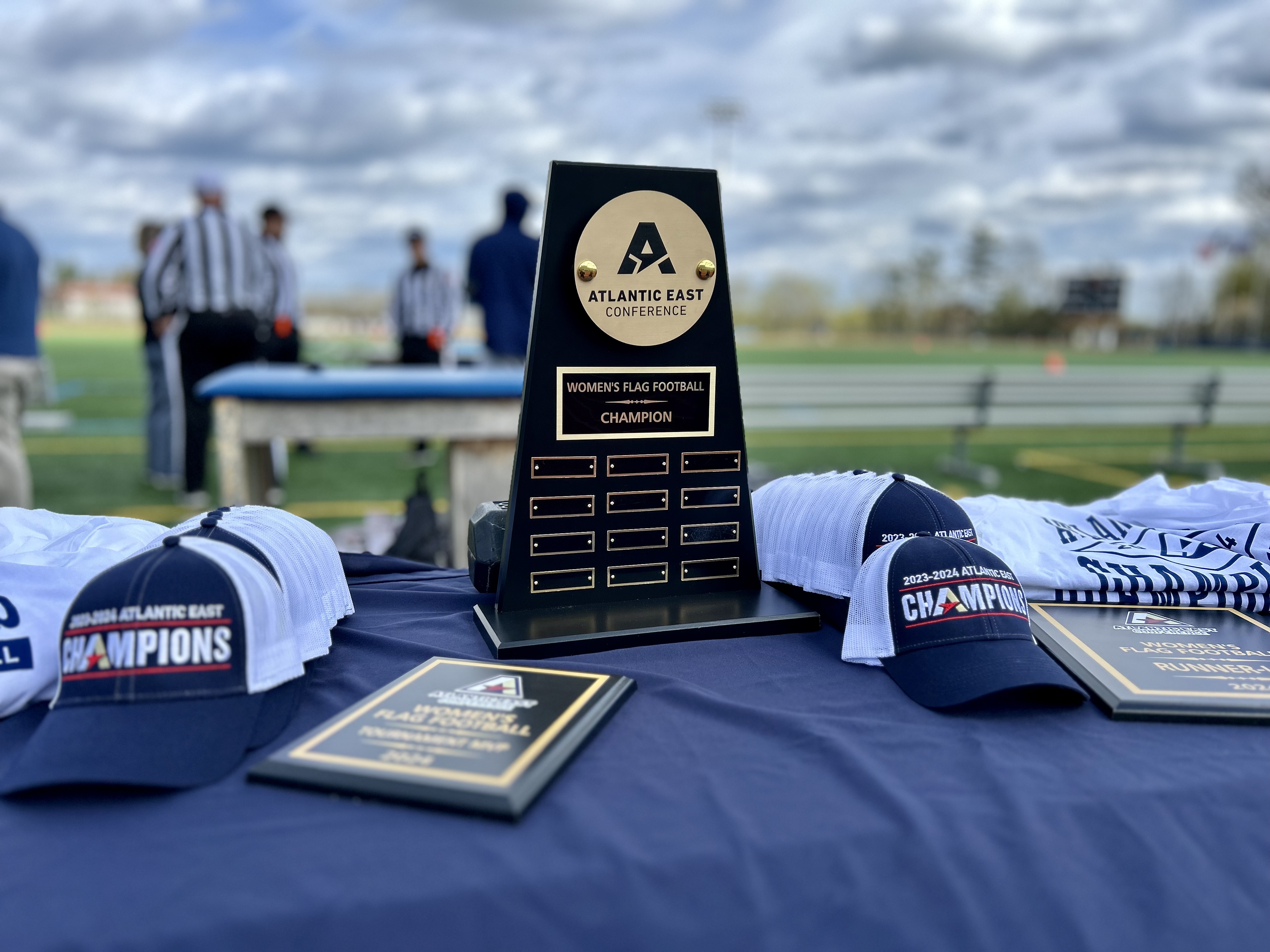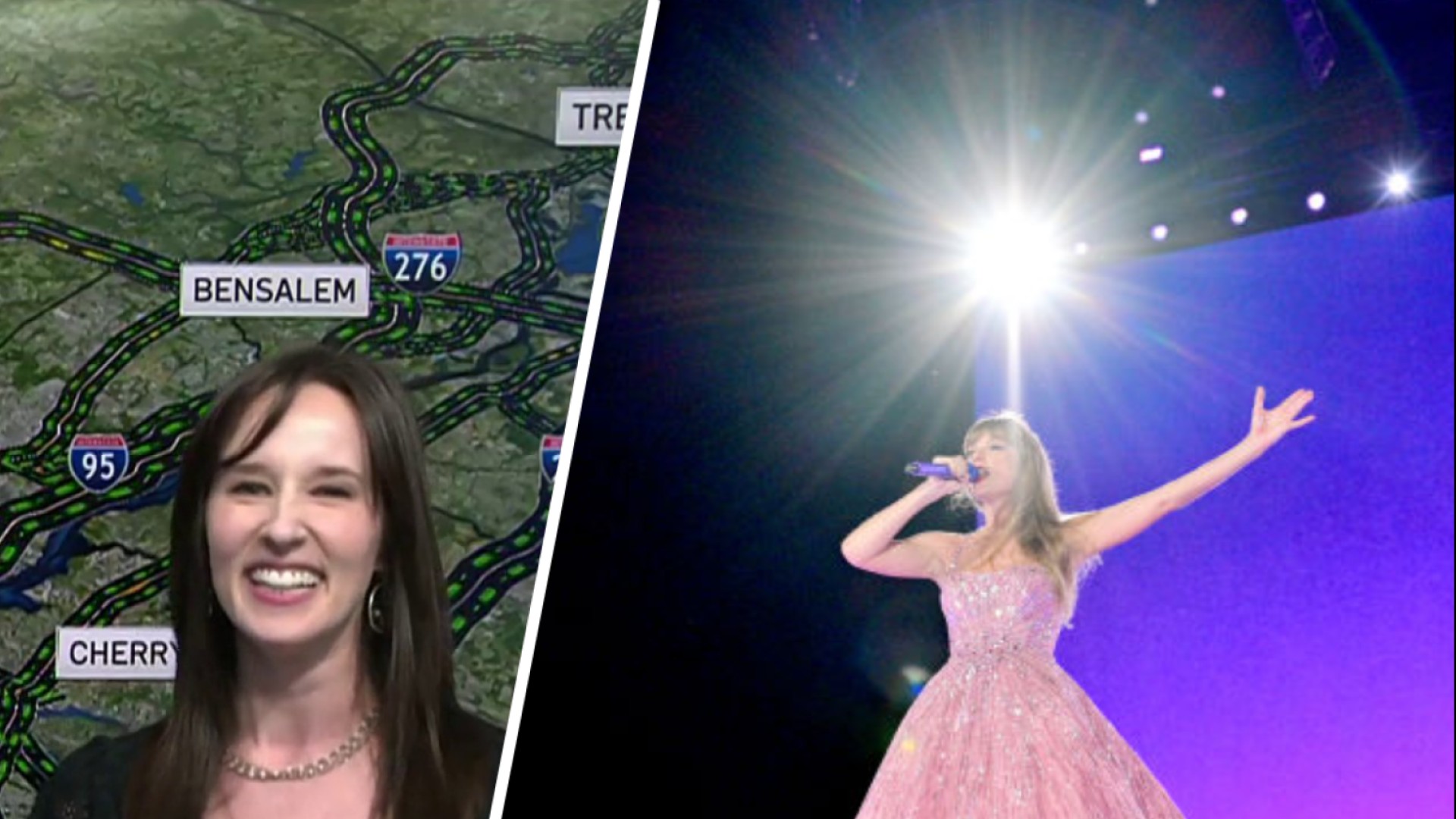Philadelphia will require proof of vaccination to eat indoors in restaurants or drink inside bars -- or to enter any indoor space that sells food and drink -- starting Jan. 3, city officials announced Monday.
Initially, a recent negative COVID-19 test will also be accepted. However, after Jan. 17, negative COVID-19 tests will no longer be accepted for most patrons and vaccines will be required. Restaurant workers also must be vaccinated.
Children younger than 5 or those with valid medical or religious exemptions will be able to show a recent COVID-19 test to go inside.
Get Philly local news, weather forecasts, sports and entertainment stories to your inbox. Sign up for NBC Philadelphia newsletters.
The mandate applies to any establishment that sells food or drink to consume on-site. Locations that do take out only are not included, but the mandate does apply to movie theaters, restaurants inside hotels and catering halls.
It also applies to the city's indoor sports venues, such as the Wells Fargo Center.
At the Wells Fargo Center, people would need to show proof of vaccination before watching a Sixers or Flyers game. "It applies to most of the Wells Fargo Center because people eat throughout the space," said Philadelphia Health Commissioner Cheryl Bettigole.
Local
Breaking news and the stories that matter to your neighborhood.
At outdoor sports venues, such as Lincoln Financial Field and Citizens Bank Park, the mandate applies to indoor restaurants only.
Bettigole said several studies have shown restaurants pose a higher risk of COVID-19 transmission, including a recent study from Drexel University that showed closing restaurants lowered the risk of transmission by 61%.
"We do not want to close our restaurants," Bettigole said. "So that's the reason for the vaccine mandate."
Several cities already have vaccine mandates, including New York City and San Francisco. The rules have sparked some violent encounters.
Bettigole said the city will be providing training and guidance to businesses, adding, "Nobody should be treating businesses that way."
The city's announcement comes as Philadelphia begins to address the fast-growing Omicron variant of COVID-19, which has been found in Philadelphia. Scientists believe Omicron spreads more quickly than previous variants.
Already, the city has seen an uptick in the number of diagnosed COVID-19 cases in the city. The city is averaging about 500 cases per day in the first part of December; that's the highest daily number of cases that the city has reported since March of this year.
Here are more details about the plan:
- Under the city's new rules, full vaccination means that a person has received two doses of either the Pfizer or Moderna vaccine or a single dose of the Johnson & Johnson vaccine.
- Staff that work inside restaurants also must be vaccinated, though they have a little more time. Staff members must have their first vaccine dose by January 3 and the second by February 3, Bettigole said.
- The same goes for children aged 5 years and 3 months through 11 years. They must have their first vaccine dose by January 3 and the second by February 3.
- A recent COVID-19 test is considered to be within 24 hours.
- The rule also applies to: bowling alleys, conventions (if food is being served), catering halls, and casinos where food and drink is allowed on the floor. Food courts should be cordoned off check vaccine status as people enter.
- Grocery stores and convenience stores are not included. Neither is Philadelphia International Airport, except in the airport's seated restaurants or bars.



